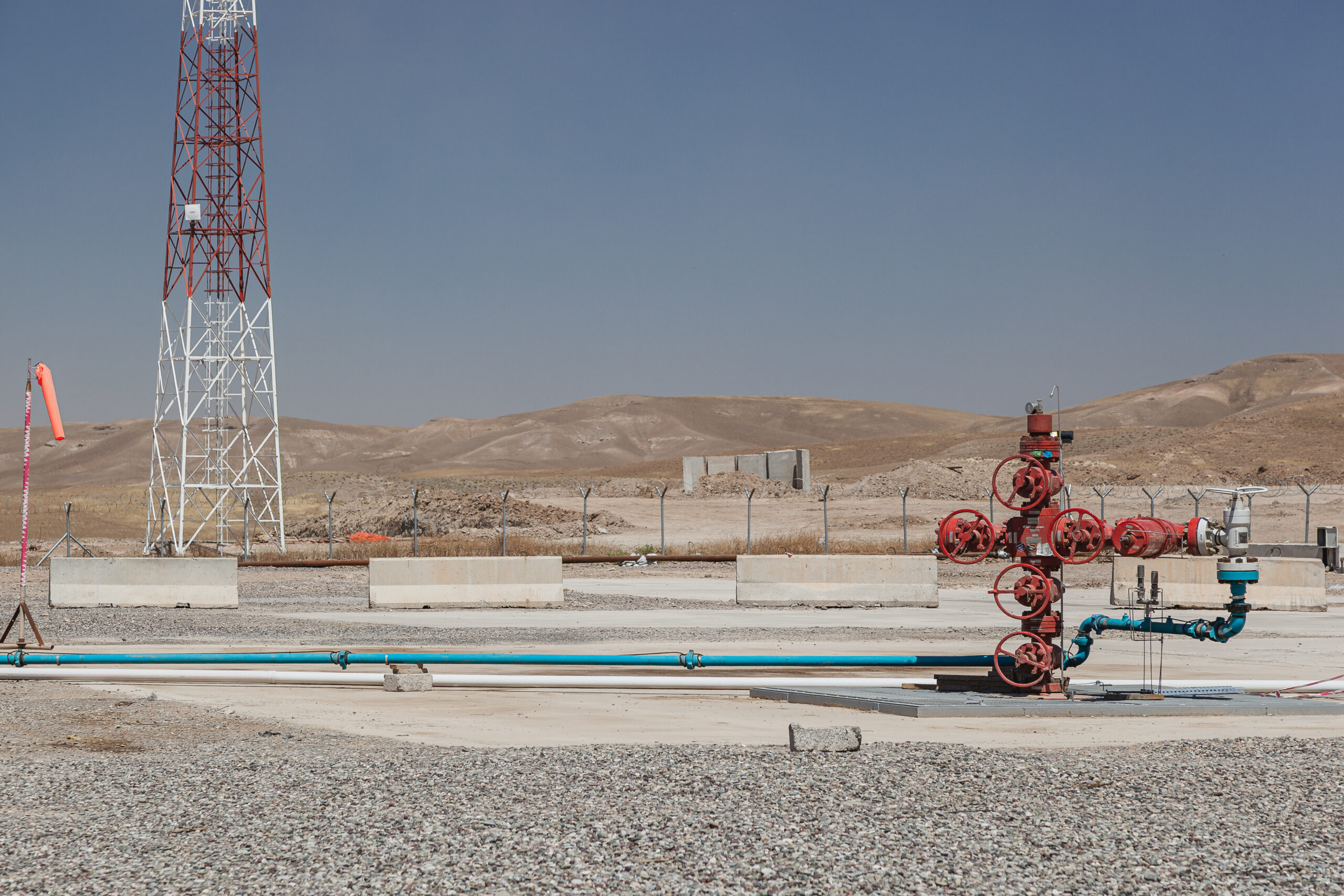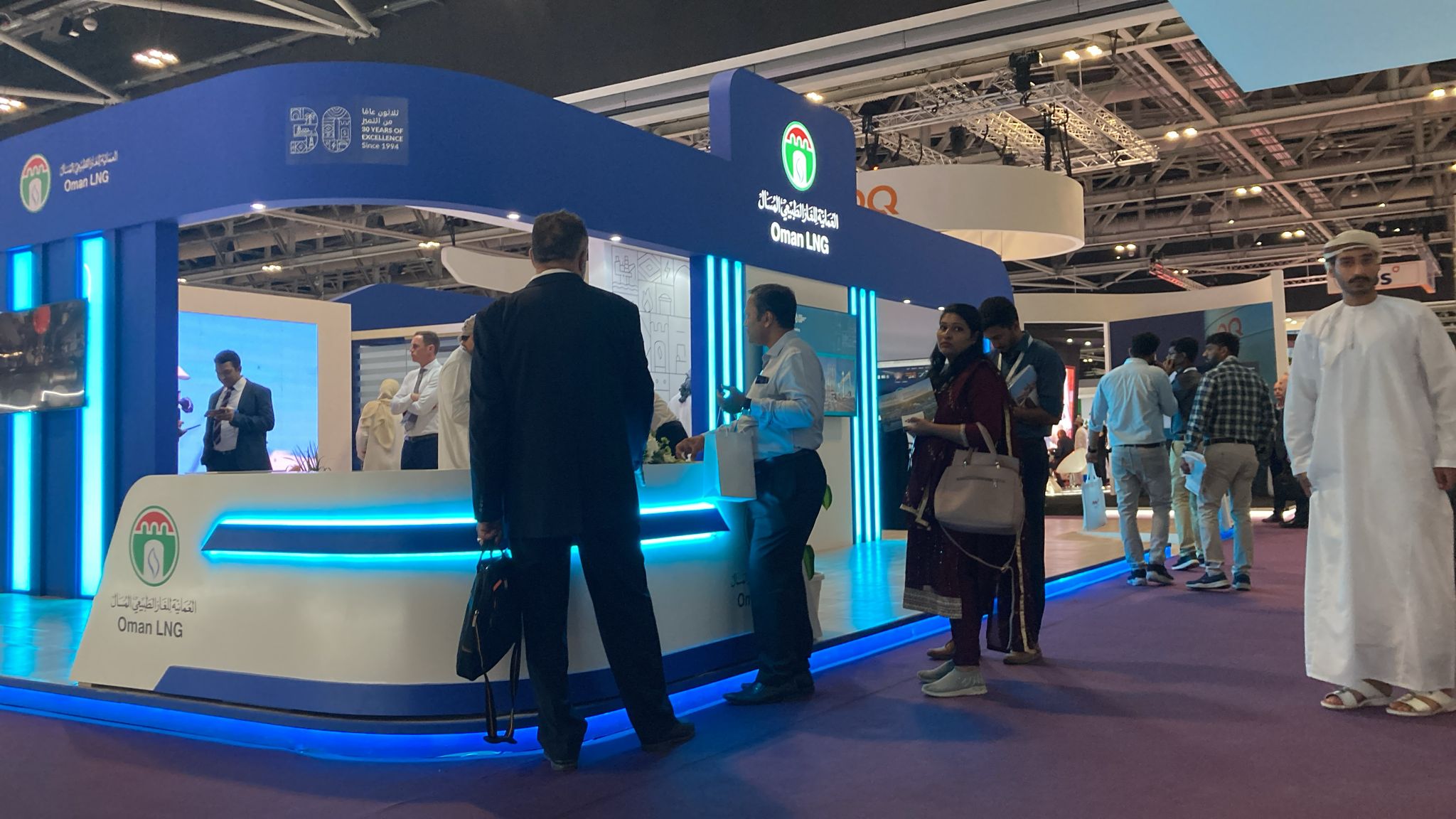Gas flaring in Iraq: BP faces legal action over death of young man
An Iraqi man’s son died of leukemia a year ago. He says that BP’s excessive gas flaring in southern Iraq is the cause, and he is seeking damages from the British oil giant.

Hussein Julood, the father of a young Iraqi man who died of leukemia is seeking damages from BP over the company’s chronic gas flaring in southern Iraq’s massive oil fields.
BP is hosting its Annual General Meeting (AGM) today in London. Julood is expected to address the British oil company’s management and shareholders.
Julood’s son, Ali Hussein, died of leukemia a year ago. Ali and his family live a few kilometres from BP’s Rumaila operations, and they were featured in the 2022 BBC investigation, “Under Poisoned Skies,” which documented extensive flaring from oil and gas sites in Rumaila.
The area is known as “the cemetery” due to the high incidences of cancer believed to be caused by the enormous levels of toxic pollution spewing from the Rumaila oil fields. Rumaila is home to more gas flaring than any other oil field in the world, according to the BBC investigation.
Ali was diagnosed with leukemia at the age of 15, and underwent several years of treatment. He died in 2022 when he was 21.
“My son was my best friend,” said Hussein Julood, the father of Ali. “Despite his suffering, Ali sought justice for all the people in the community who have been affected by flaring and those suffering from the same issues around the world.”
On April 22, Julood, sent a Letter Before Action (LBA) to BP, a legal action requesting BP to take responsibility for the death of Ali. Hussein Julood says BP’s flaring operations were the source of Ali’s leukemia, and he is seeking damages. It is the first time that a UK-based oil company is facing a lawsuit for its pollution abroad.
“This is an important example of environmental and human rights litigation demanding compensation for harmful emissions from a carbon major,” Wessen Jazrawi, partner at Hausfeld & Co. LLP, a law firm representing Julood, said in a statement. “Such companies have generally been able to carry out harmful environmental practices with impunity, particularly where these occur in the Global South.”
BP has 90 days to respond to the letter. If it does not respond, or denies responsibility, then formal litigation could follow.
BP did not respond to a request for comment from Gas Outlook.
But in response to BBC News, BP said “we understand the concerns.” The company added: “As we have stated before, BP is not and has never been the operator of the Rumaila field. Nevertheless, we continue to actively support the lead contractor – Basra Energy Company Limited (BECL) – in its work to help the operator of the field, the Rumaila Operating Organisation (ROO), to reduce its flaring and emissions.”
BECL is a joint venture between BP and PetroChina.
The British oil major is historically one of the largest emitters globally, ranking 8th in total cumulative emissions since the mid-19th Century, according to a recent report from Carbon Majors, which analysed the historical records of nation-states, state-owned entities, and investor-owned companies from around the world.
“Companies like BP still appear to be in breach of Iraqi law by gas flaring illegally close to people’s homes,” Julood said. “That’s why I am demanding damages from BP for the loss of my courageous son, Ali. BP and all their counterparts must take responsibility for the death and illness they bring to the world.”


